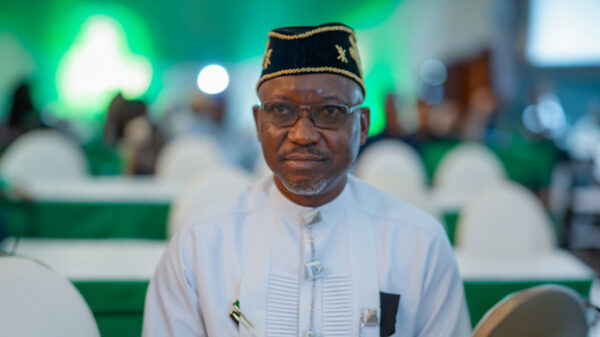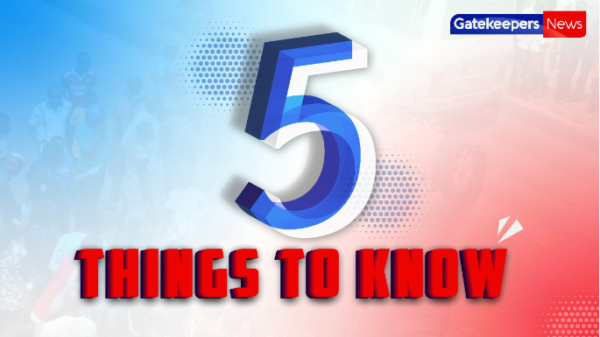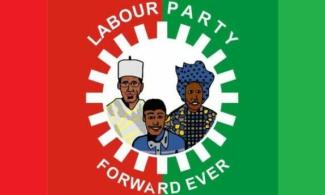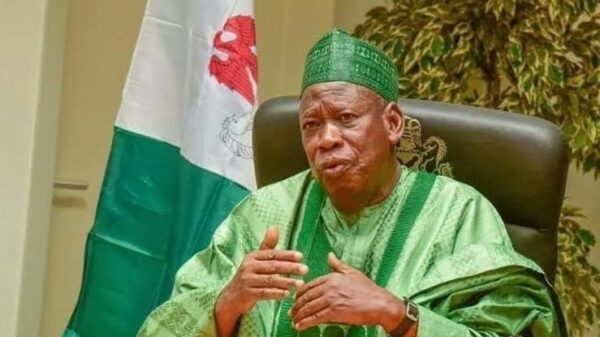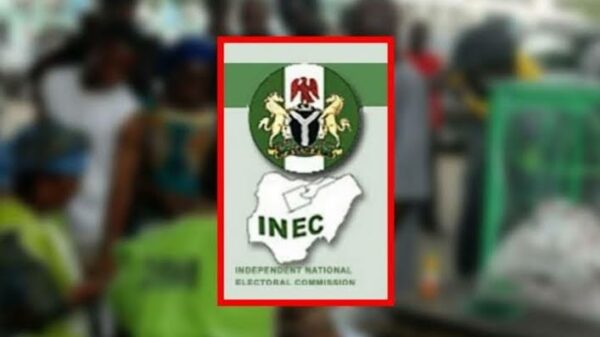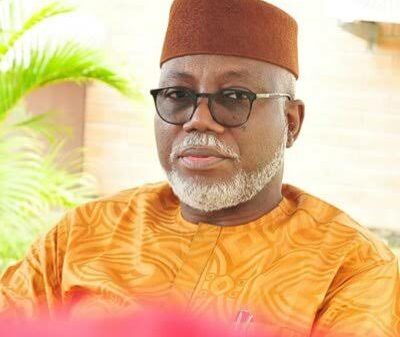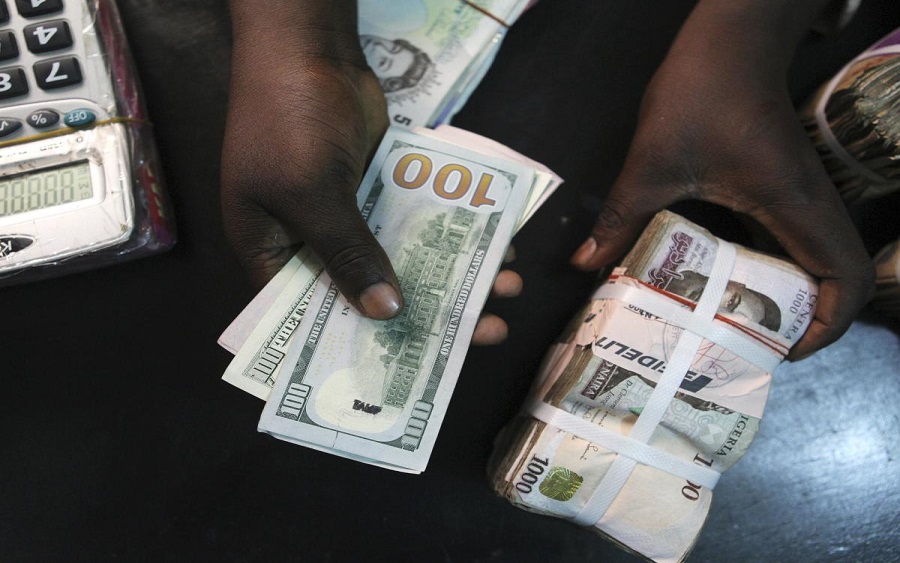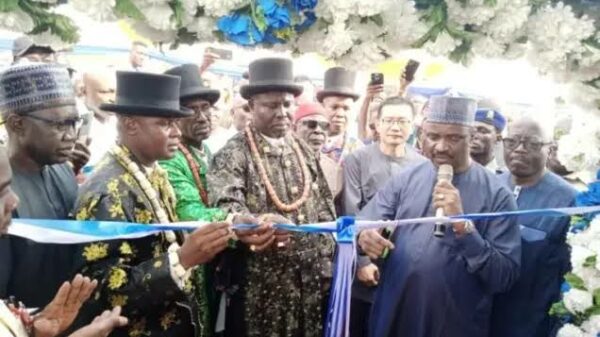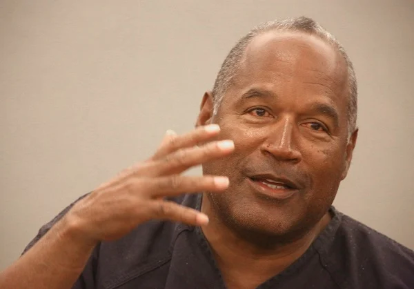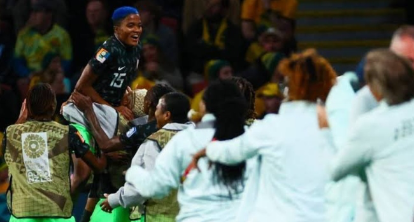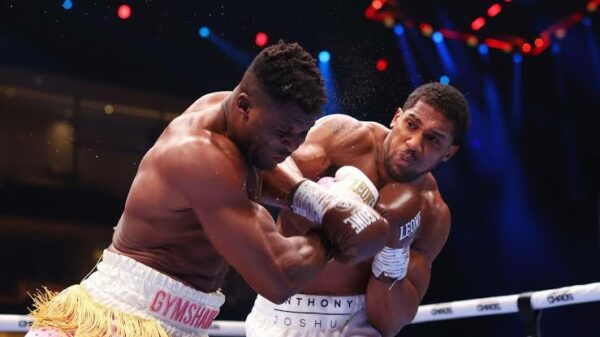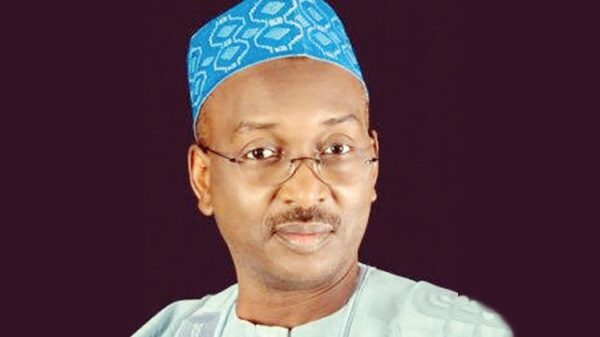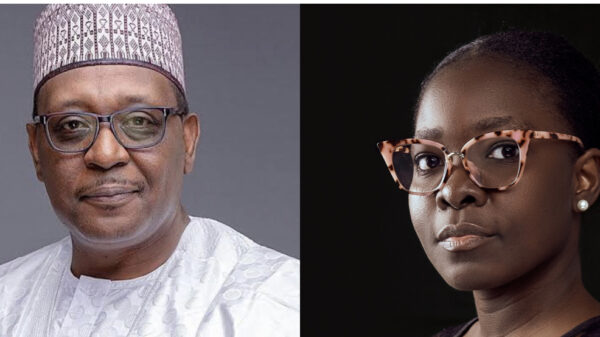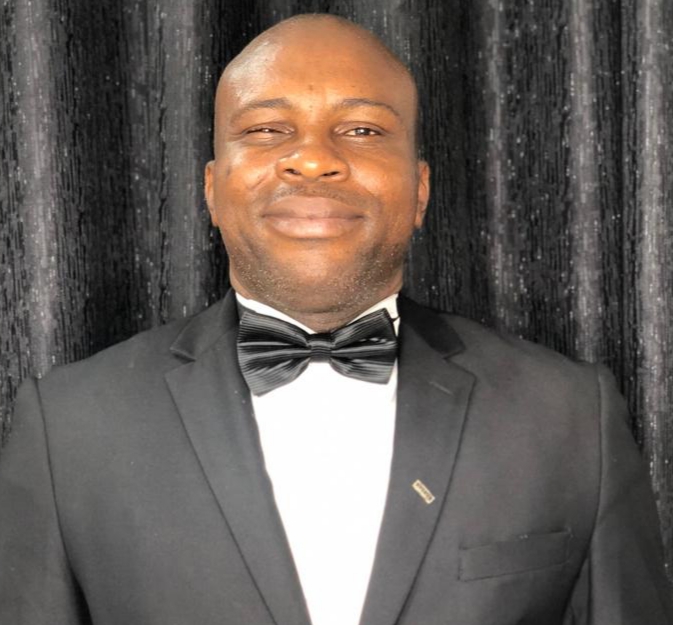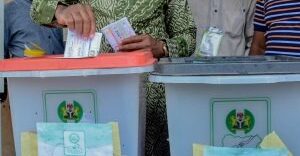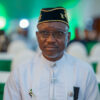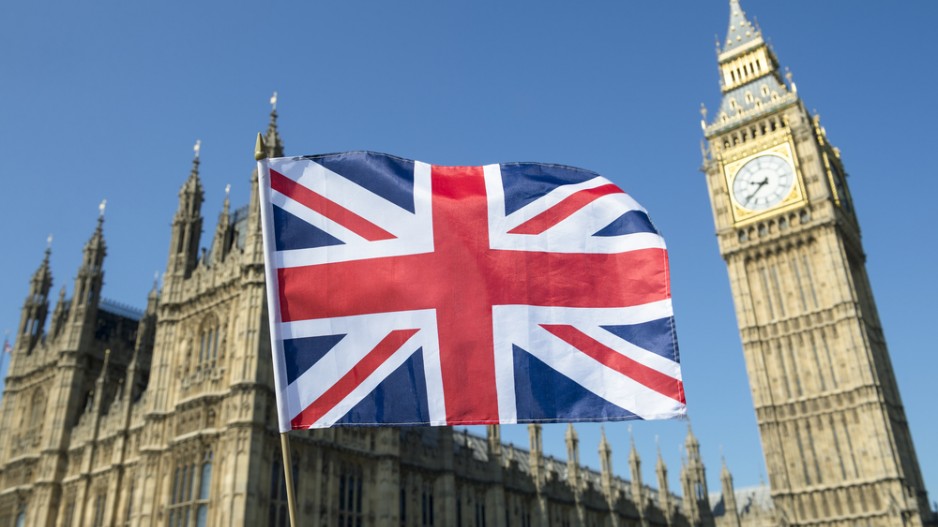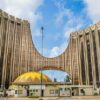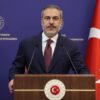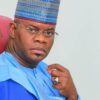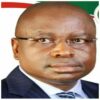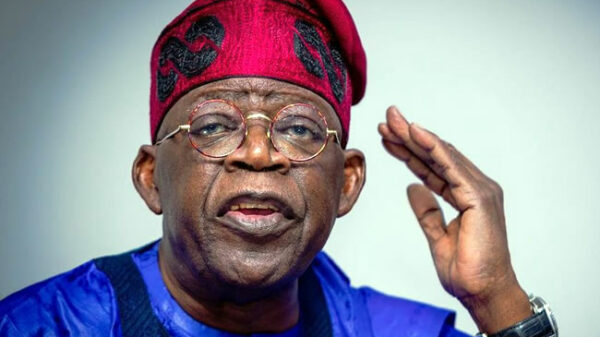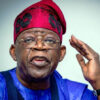Independent National Electoral Commission (INEC), President Bola Ahmed Tinubu and Vice President Kashim Shettima has said residents of the Federal Capital Territory (FCT) are not superior to those living in other parts of the country.
Gatekeepers News reports that INEC, Tinubu and Shettima told the Presidential Election Petition Court (PEPC) that the National Assembly did not create a special status for residents FCT over other Nigerians.
They noted that the claim made in the petitions by Atiku Abubakar/Peoples Democratic Party (PDP) and Peter Obi/Labour Party (LP) was incorrect.
According to them, contrary to Abubakar/PDP and Obi/(LP)’s arguments, neither the Constitution nor the Electoral Act 2022 made the votes of FCT residents superior to those of residents of other parts of the country.
INEC, Tinubu and Shettima added the Constitution and Electoral Act also did not make it mandatory that a candidate must score 25 per cent votes in the FCT to be declared a winner even if such a candidate had won the majority of votes in other states.
They made this argument among others, in their final written addresses submitted to the PEPC in their defence of the petitions filed by Atiku/the PDP and Obi/LP against the outcome of the February 25 presidential election.
INEC in its written address filed by a legal team, led by Abubakar Mahmoud (SAN), argued that in the interpretation of Section 134 (2) (b) and to determine the true intentions of the draftsmen of the Constitution, the court should examine Section 17(1) & (2) (a) alongside Section 299 of the same Constitution.
The Commission added that the sole objective of the section was to ensure that a particular segment of the country alone does not determine who is elected President and not to create superior residents and voters.
While citing many decisions of the Supreme Court and the Court of Appeal, the national electoral body argued that by statutory and judicial authorities, the provisions of the Constitution apply to the Federal Capital Territory (FCT) as if it were one of the states of the federation.
It added that “the use of the word ‘and’ in Section 134 (2) of the Constitution indicates nothing more than that. In construing two-thirds of the states of the federation, in which a candidate is required to score one-quarter of the votes cast, the FCT is considered as one of the states of the federation.
“This point is very critical because there is no other way the draftsmen of the Constitution would have referred to the FCT in Section 134 (2) (b) of the Constitution without the use of ‘and’ seeing that the FCT is not actually a state, but deemed to be a state.
“The FCT, beyond being the capital of Nigeria has no special status over and above the other 36 states of the federation to require a candidate in the presidential election to obtain at least 25 per cent of the votes cast in the FCT before being declared winner of the presidential election.
“Consequently, the only inference that can be drawn with respect to Section 134 (2) (b) is that for a candidate to be deemed duly elected to the office of the President, he must satisfy the requirement of having not less than one-quarter of the votes cast at the election in each of at least two-thirds of the states of the federation, including the FCT.
“Any interpretation contrary to this will only result in an absurdity and will be against the spirit of equality and fairness well entrenched in the constitution.”
On their part, Tinubu and Shettima made a similar case in their joint final written addresses in respect of the two petitions.
In the address by their legal team, led by Wole Olanipekun (SAN), Tinubu and Shettima noted that an election is about votes and voters, and when votes and voters are mentioned in any part of the world, there is no superiority of votes or voters, as all votes and voters are equal.
Tinubu and Shettima added, “The nagging question arises, going by the petitioners’ posture, that is, assuming a candidate scores majority of the votes cast in all the 36 states and does not secure 25per cent in the FCT, does the Constitution then expect the absurdity that such a candidate will not be declared the winner? The answer will naturally be in the negative.”
Olaonipekun, while citing several provisions of the Constitution that imply that states are superior, in many ways, to the FCT, they contended that “it cannot be imagined that the FCT is superior to the states, in terms of votes or voters or any other consideration whatsoever.
“More specifically, it has been held by our superior courts in a litany of decisions that the FCT is not superior by any means to any state of the federation.
“Now, Section 66 of the Electoral Act, which refers to sections 133, 134, and 179 of the Constitution speaks of election to the office of President or Governor, meaning that the position at the federal level, as anticipated and contemplated by the Constitution, rhymes with what obtains at the state level, including the votes cast at each of the state capitals, without any discrimination, as between the votes and voters in each state capital and the votes and voters outside the state capitals.
“By the imperative of this statutory provision, it cannot be argued that the votes and voters at the FCT are more superior to those of other voters in other states of the federation since the Constitution does not so provide,” they said.
They then urged the court to hold that “in any election where the electorate exercises their plebiscite, there is neither a ‘royal’ ballot nor ‘royal’ voter, and that residents of the FCT do not have any special voting right over residents of any other state of the federation, in a manner similar to the concept of preferential shareholding in Company Law.”
In its two addresses, INEC also addressed other aspects of the petitions and urged the court to dismiss them on the ground that the petitioners failed to prove their cases.
It faulted the petitioners’ claim of non-compliance and irregularities, arguing that the election was properly conducted in substantial compliance with the Electoral Act, applicable regulations and guidelines.
INEC stated that the result of the election, as it declared, was the actual outcome.
On both sets of petitioners’ allegations of non-qualification against Tinubu and Shettima, INEC argued that the withdrawal notice served on it by the APC, indicating that Shettima was no longer a candidate for the Borno Central Senatorial District, was enough to fault the claim that he had double nominations.
It also referred to a judgement delivered on May 26 by the Supreme Court in the case by the PDP against INEC and others, which it argued had effectively resolved the issue.
As it relates to Tinubu, INEC argued that the petitioners’ claim that he provided false information to INEC in his Form EC9 “is statute-barred being a pre-election matter and cannot be ventilated in the instant action which bothers on the election held on the 25th day of February 2023.”
It added that should the court find “that it is a pre-election matter, then the allegation of dual citizenship which is based on Form EC9 is also affected and cannot be litigated upon at this time.
On why dual citizenship claim does not disqualify Tinubu, the Commission also argued that the matter of dual citizenship was not a bar to Tinubu’s qualification to run for office.
The electoral umpire said, “There are several authorities to the effect that the possession of dual citizenship does not disqualify a person from contesting an election in Nigeria. What the Constitution prohibits is the declaration of allegiance to such other country.
“In the instant case, the petitioners have not by credible, cogent and direct evidence shown and established the fact that the 2nd respondent (Tinubu) pledged allegiance to any other country.”
On the allegation of the previous conviction of the 2nd respondent, INEC argued that the petitioners failed to prove that Tinubu was convicted of a criminal offence.
The Commission added, “Notably, in Section 137 (1) (d) of the Constitution, the prescription of ‘fine’ as a disqualifying factor for a presidential candidate is hinged on a “sentence”.
“Interestingly, 1st petitioners’ witness (PW 1) stated clearly under cross-examination that the proceedings in Case No: 93C 4483 relied upon by the petitioner was a ‘civil forfeiture proceedings’ and there was no charge or conviction.
“Thus, the petitioners failed to prove this allegation and we urge the court to so hold. We urge the court to resolve this issue in favour of the 1st respondent (INEC) and hold that the 2nd and 3rd respondents were qualified.”
Meanwhile INEC contended that the arguments by the two sets of petitioners that it did not comply with the Electoral Act and other regulations and guidelines in the conduct of the election were based on false comprehension of what the laws said.
It stated that contrary to the petitioners’ claim, it did not deploy any electronic collation system as the collation of results in the last presidential election was done manually.
In relation to the petition by Atiku/PDP, INEC noted “all the petitioners’ witnesses appear to agree that voting procedure prescribed in the 1st respondent’s (INEC’s) Regulations and Guidelines for the Conduct of Election, 2022 were duly complied with.
“The main complaint of the petitioners was the inability of the Presiding Officers to upload the polling unit results to the 1st respondent’s result INEC Result Viewing portal (iReV).
“The evidence before the court also shows that though the petitioners challenged the election on the basis that the polling unit election results were not uploaded on the iReV, they alleged corrupt practices in Sokoto, Kano, Kogi, Borno, Lagos and Rivers State and entry of wrong scores/results in 22 states to wit: Abia, Anambra, Bauchi, Delta, Ebonyi, Edo, Enugu, Gombe, Imo, Jigawa, Kano, Katsina, Kebbi, Kogi, Lagos, Nasarawa, Niger, Ogun, Ondo, Plateau, Rivers and Taraba states.
“They called only 27 witnesses. None of the witnesses had direct knowledge of what transpired in the 176,800 polling units spread across the 36 states of the Federation and the Federal Capital Territory, Abuja.”
The Commission argued further that even where no results are uploaded on the iReV and the hard copy was unavailable, recourse may still be had to hard copies with the Nigeria Police and party agents.
The electoral umpire added, “The manual collation adopted by the 1st respondent in the election was, in fact, established in evidence through the testimonies of petitioners’ witnesses (PWs) 9, 10 and 42 to the effect that hard copies of the exact results from the polling units were taken to the collation centres for the purpose of collation and we urge the court to find same as a fact.
“Assuming, but not conceding, that such obligation to electronically transmit results of the election in real-time for use in the collation process does exist, we submit that the petitioners failed to lead credible evidence to support their claim on the substantial effect of the alleged incidents of non-compliance pleaded and/or the corrupt practices alleged.”
In relation to the petition by Obi and LP, INEC noted that “in proof of their petition, the petitioners, called 13 witnesses. Of these, one gave evidence on the allegation that the 2nd and 3rd respondents (Tinubu and Shettima) were not qualified to contest the election.
“The remaining 12 witnesses gave evidence on the allegations of non-compliance with the Electoral Act, 2022.
“It is important to observe that despite allegations of inflation and suppression of votes and manipulation of election results, which, in fact, informed the decision of petitioners to plead, in paragraph 79 of the petition, that they are adopting all their depositions in respect of the alleged non-compliance as acts of corrupt practices; none of the witnesses gave any direct admissible evidence of these allegations.”


